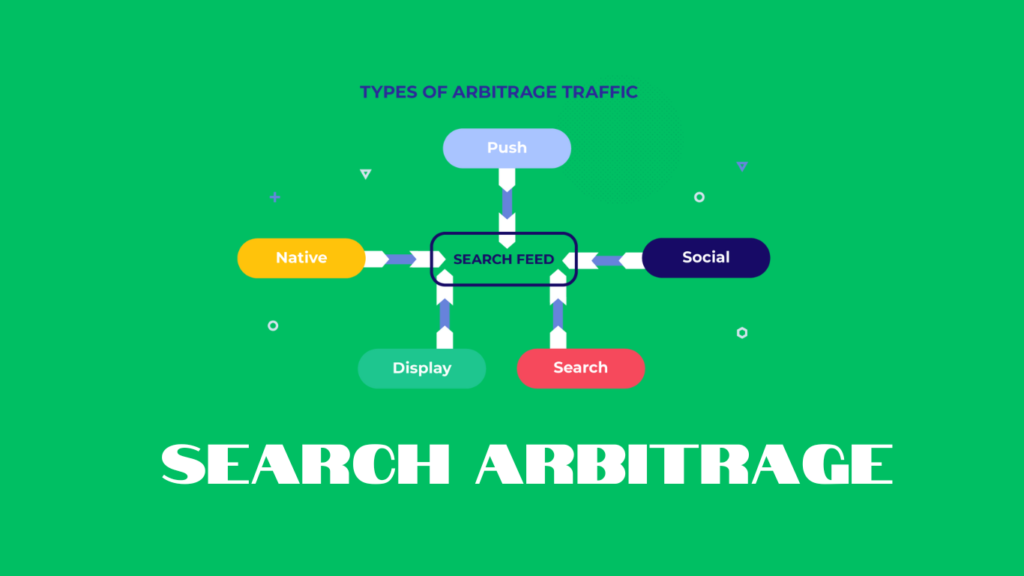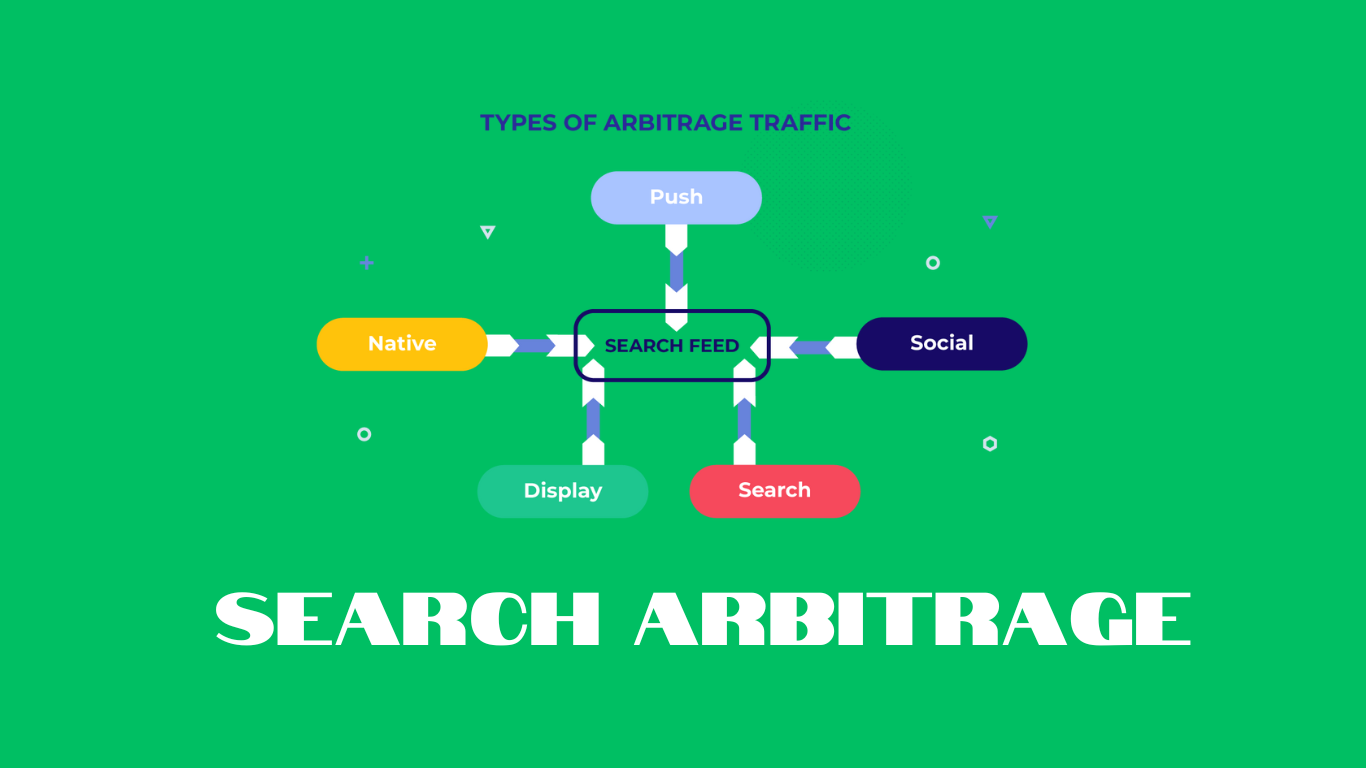“The Art of Search Arbitrage: How to Leverage Paid Traffic for Profit”

Search arbitrage is a digital marketing strategy where a marketer purchases traffic through paid search ads at a low cost and directs this traffic to a website or landing page that generates revenue through higher-value advertising or affiliate commissions. The goal is to profit from the difference between the cost of acquiring the traffic and the revenue earned from it.
Here’s how it typically works:
- Buying Traffic: The marketer purchases search engine ads (e.g., Google Ads) targeting specific keywords that are relatively inexpensive.
- Redirecting Traffic: Users who click on these ads are directed to a website or landing page owned by the marketer.
- Monetizing Traffic: The landing page contains higher-value ads (such as display ads, native ads, or affiliate links) that generate revenue when users interact with them (e.g., click-throughs or purchases).
- Profit Margin: The difference between the cost of the paid search ads and the revenue generated from the higher-value ads represents the profit margin.
Key Elements of Search Arbitrage:
- Keyword Selection: Finding low-cost keywords that can attract a substantial amount of traffic.
- Landing Page Optimization: Creating landing pages that effectively convert visitors into ad clicks or affiliate sales.
- Ad Network Partnerships: Collaborating with ad networks or affiliate programs that offer high payouts.
- Tracking and Analysis: Continuously monitoring the cost of traffic and revenue to ensure profitability.
Example:
- A marketer identifies a low-cost keyword like “cheap travel insurance.”
- They buy Google Ads targeting this keyword, paying $0.50 per click.
- The ad directs users to a landing page filled with affiliate links for travel insurance companies.
- Each time a user clicks on an affiliate link, the marketer earns $2.00.
- If 100 users click on the paid search ad, the cost is $50 (100 clicks * $0.50).
- If 30 users click on affiliate links, the revenue is $60 (30 clicks * $2.00).
- The profit is $10 ($60 revenue – $50 cost).
Risks and Considerations:
- Ad Quality and Relevance: Ensuring that the ads and landing pages are relevant to the users to avoid high bounce rates.
- Compliance with Ad Policies: Adhering to the guidelines of search engines and ad networks to prevent account suspension.
- Market Fluctuations: Being aware of changes in ad costs and competition that can affect profitability.
- User Experience: Providing a positive user experience to maintain traffic quality and advertiser relationships.
Search arbitrage can be a profitable strategy when executed correctly, but it requires careful planning, ongoing optimization, and a good understanding of the market dynamics.


